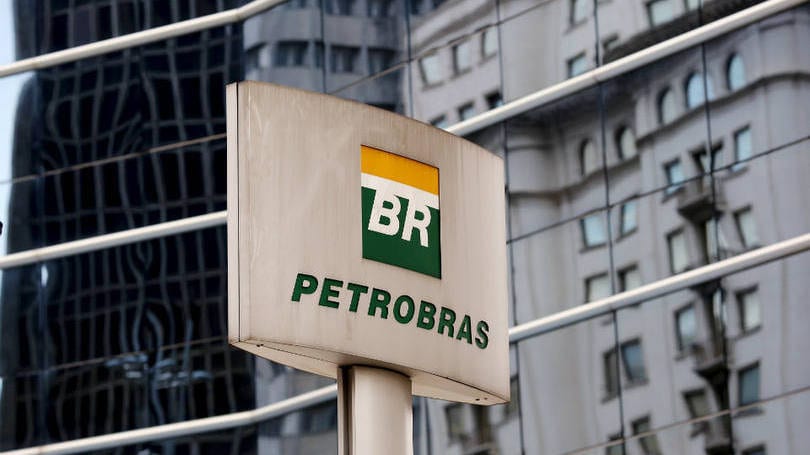In line with shifting priorities, Brazil’s Petrobras has axed the divestment of four major assets as it seeks to revise the process. Its sale of the onshore Urucu and Bahia-Terra clusters, the Manati oilfield, and its Argentine subsidiary, Petrobras Operaciones, are now all on hold.
Petrobras maintained that it “must maximise the value of its portfolio with a focus on profitable assets, restoring oil and gas reserves, including by exploring new frontiers, increasing the supply of natural gas and promoting the decarbonisation of operations.”
The Bahia Terra sale was being negotiated with a consortium of PetroReconcavo and Eneva. Eneva had attempted to buy the Urucu in 2022 but abandoned the proposal. The Manati oilfield has been on the sale block since 2020.
Petrobras’ aggressive divestment program kickstarted under the former Jair Bolsonaro administration as the company shifted focus to deepwater oil exploration, reducing its debt, and reducing its number of refineries to comply with an agreement it signed with antitrust regulator Administrative Council for Economic Defense in 2019.
The company dumped refineries and all its shares from a large chunk of its onshore and shallow water assets. This includes all its stakes in the producing fields of Peroá and Cangoá and in the BM-ES-21 concession, jointly called the Peroá Cluster and the Ponta do Mel and Redonda fields, located in the Potiguar Basin. Additionally, Petrobras has completed the sale of its entire stake in the 10 fields that comprise the Pampo and Enchova Clusters, located in shallow water in the Campos Basin.
Petrobras however, said it will follow through selling its 20% stakes in thermoelectric units powered by fuel oil Brasympe and UTE Suape II and also, its 18.8% stake in UEG Araucária S.A., a thermal power station in the state of Paraná.



